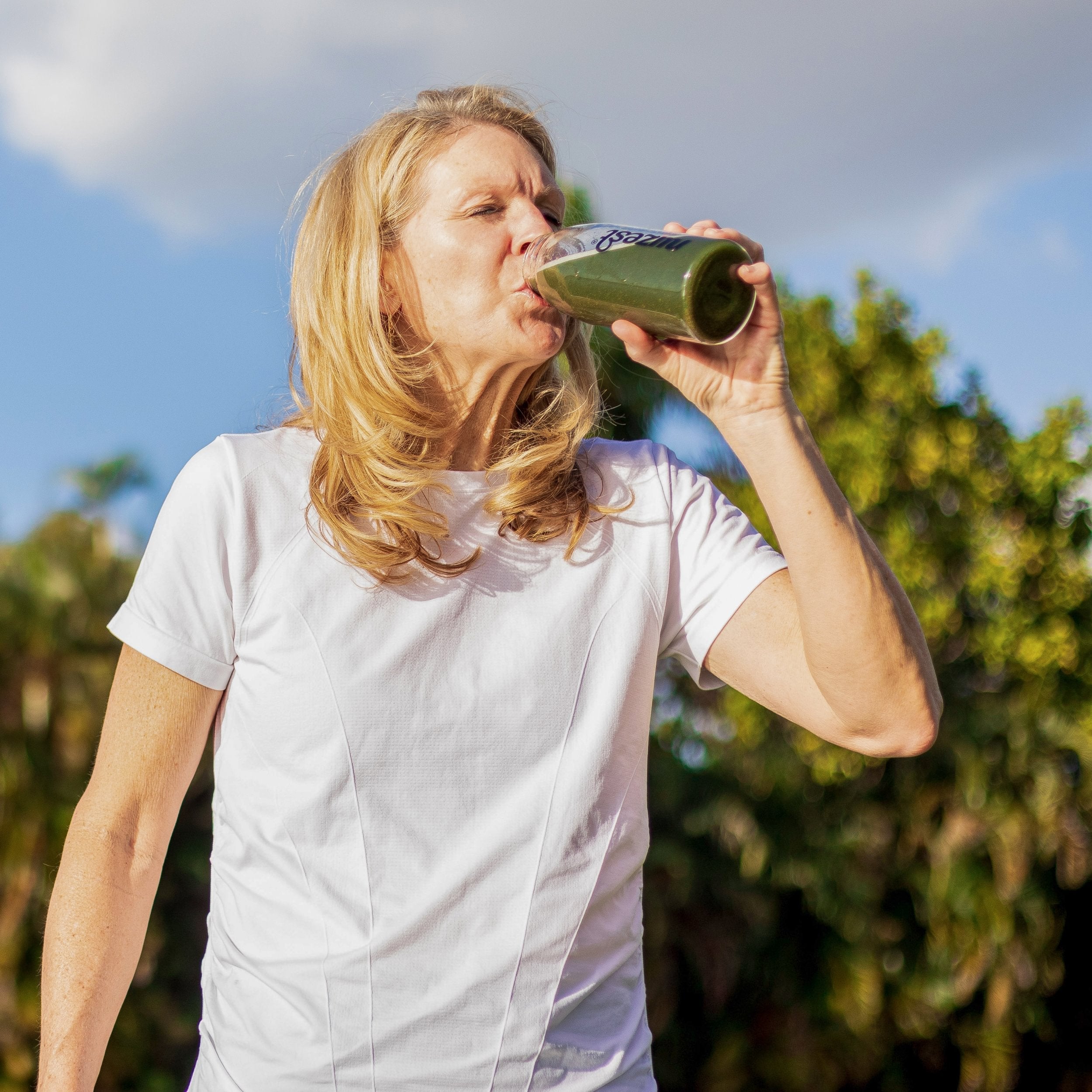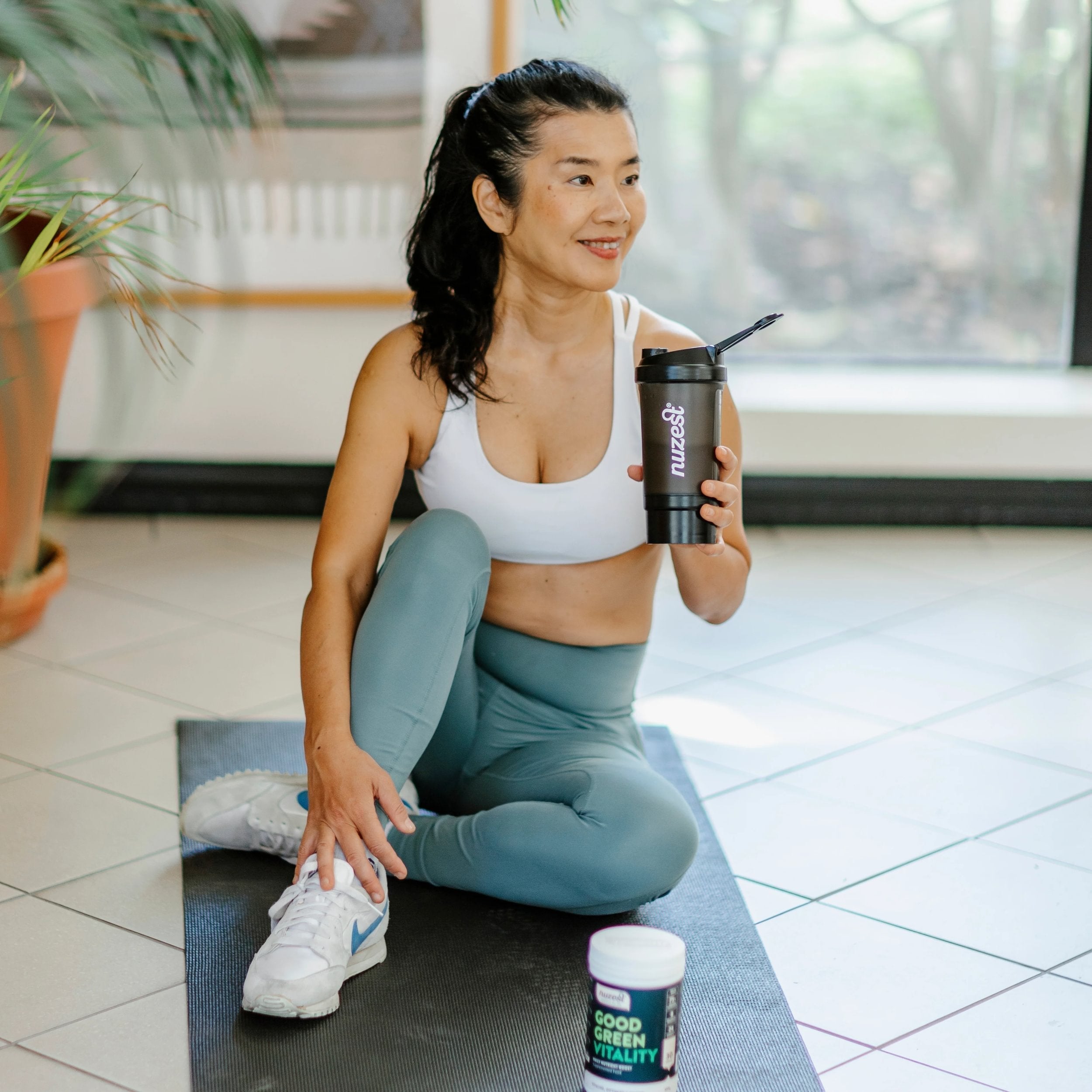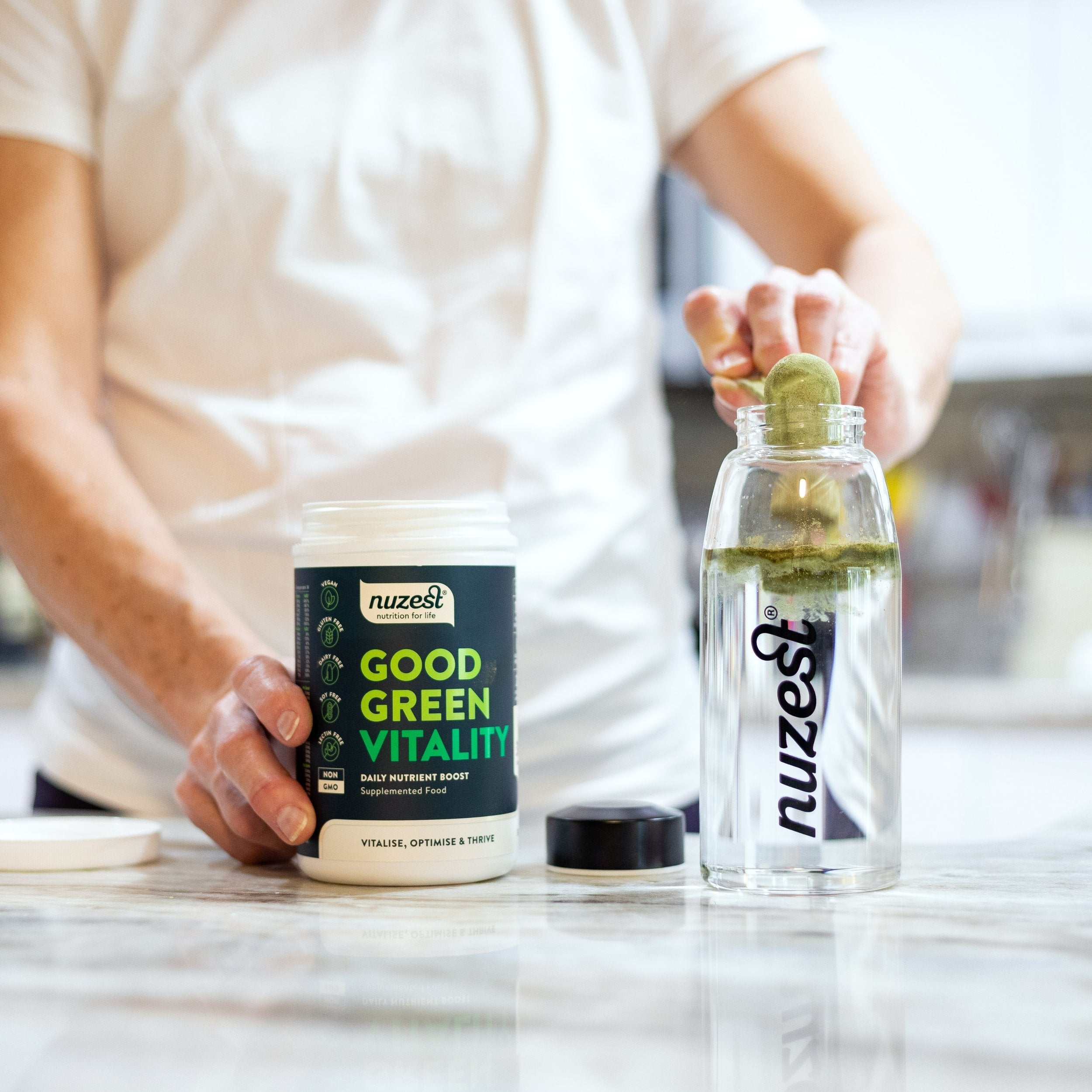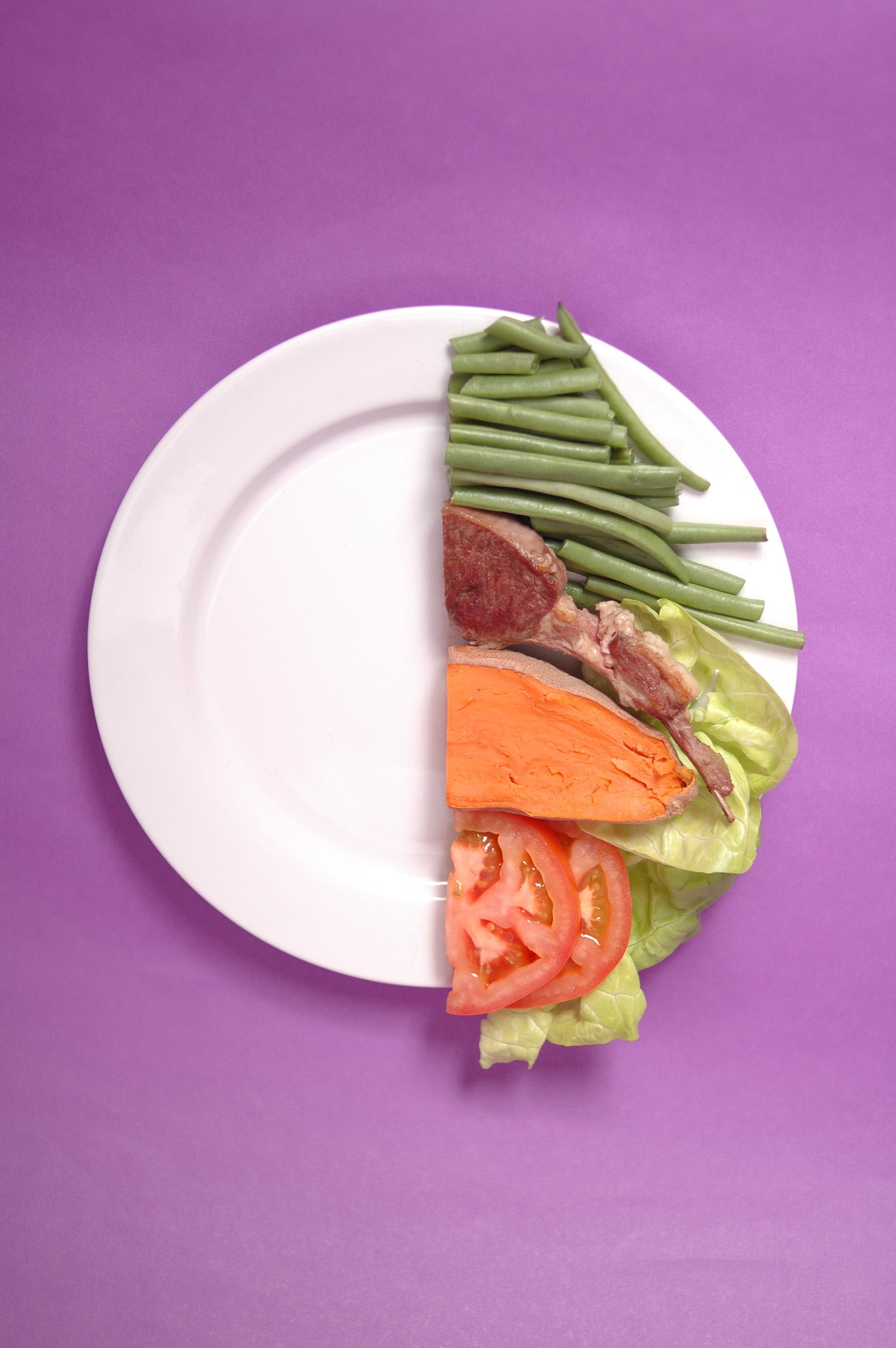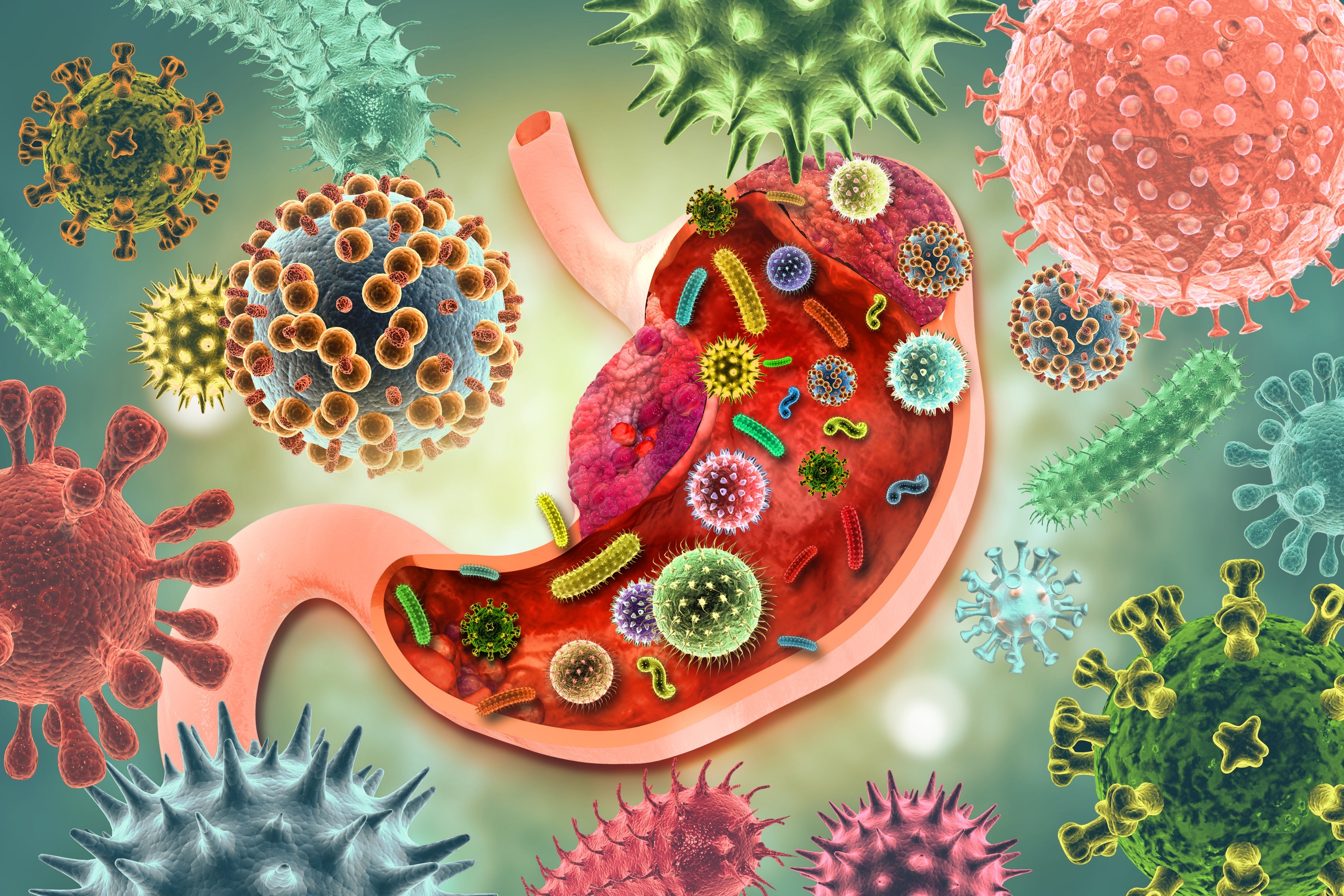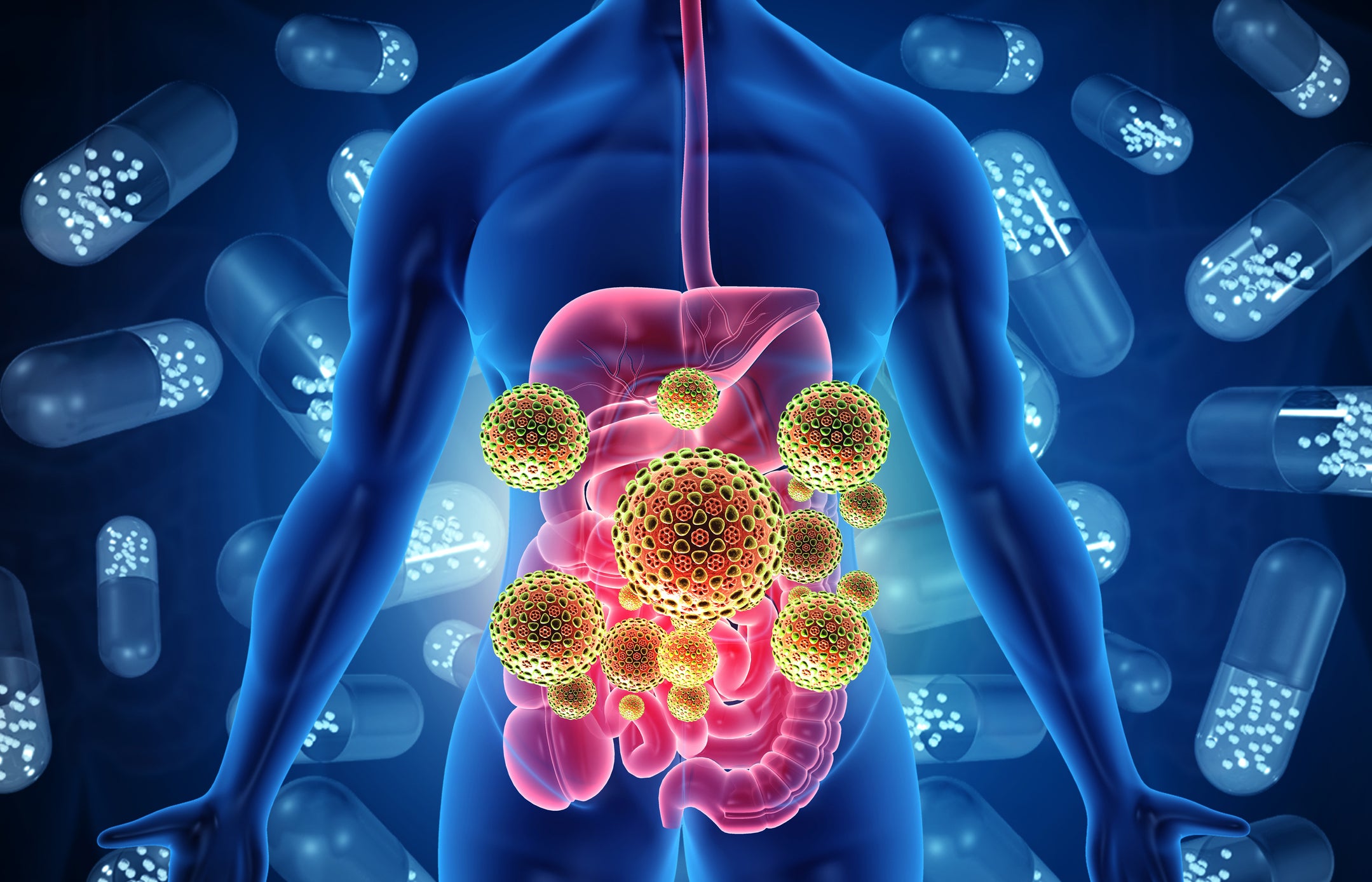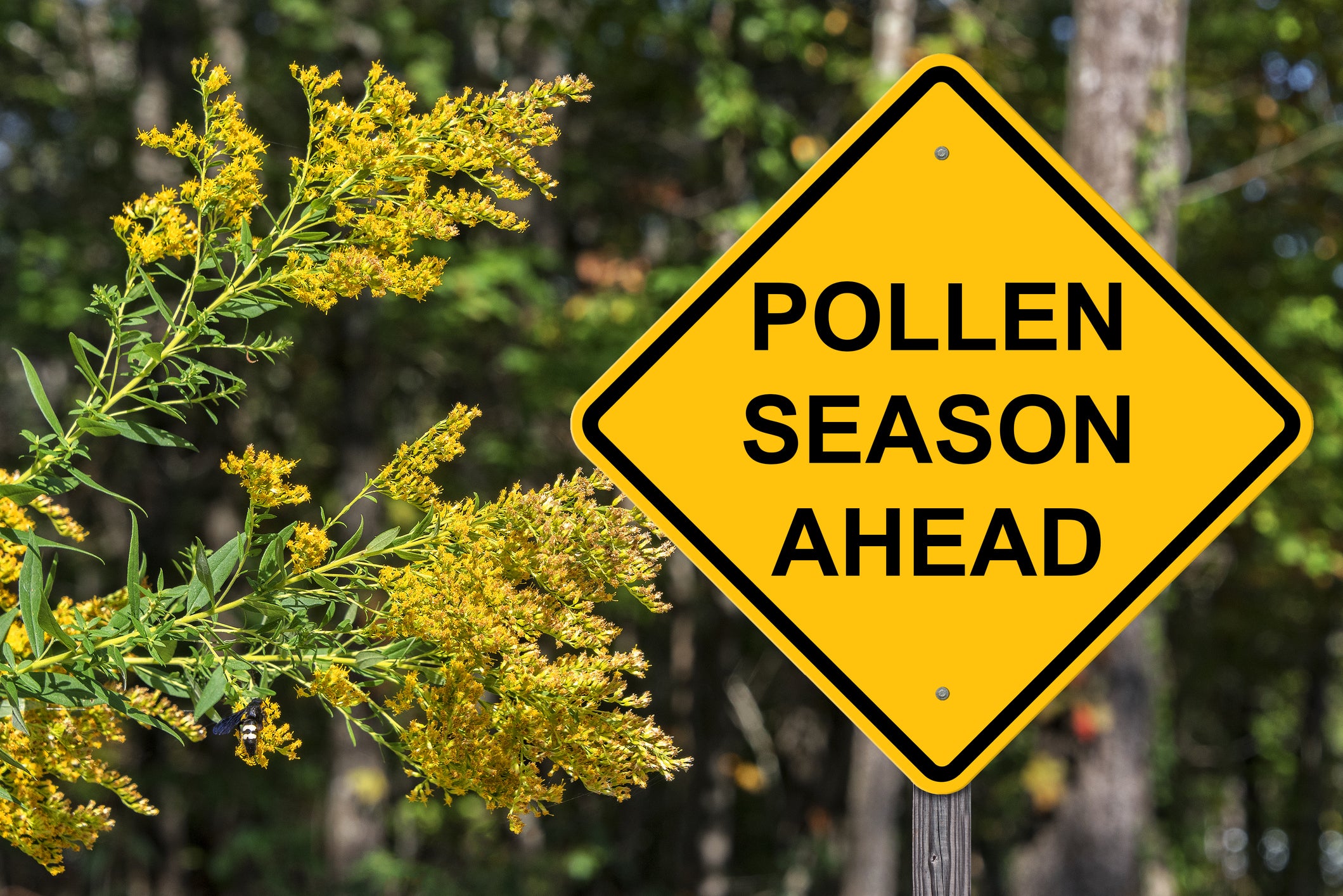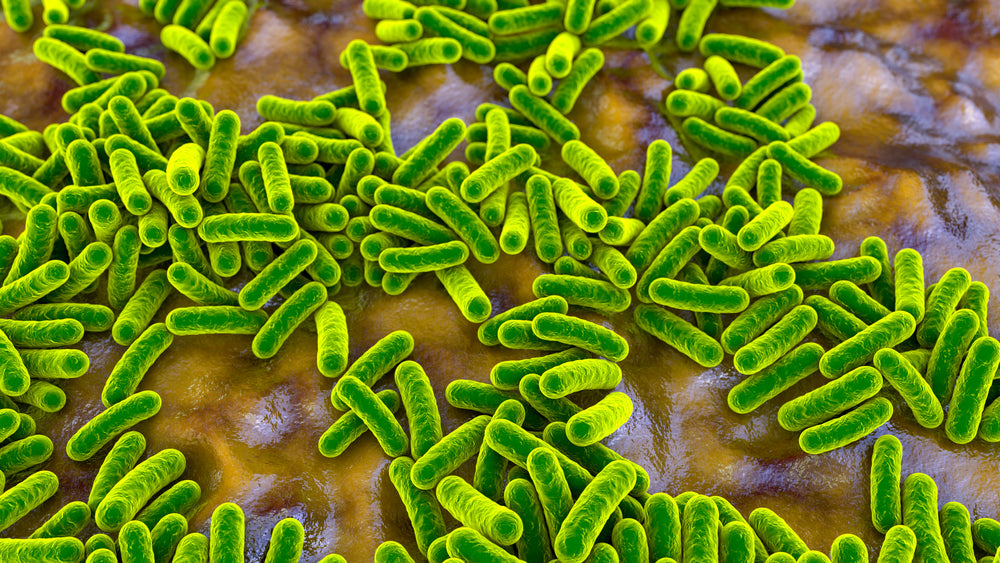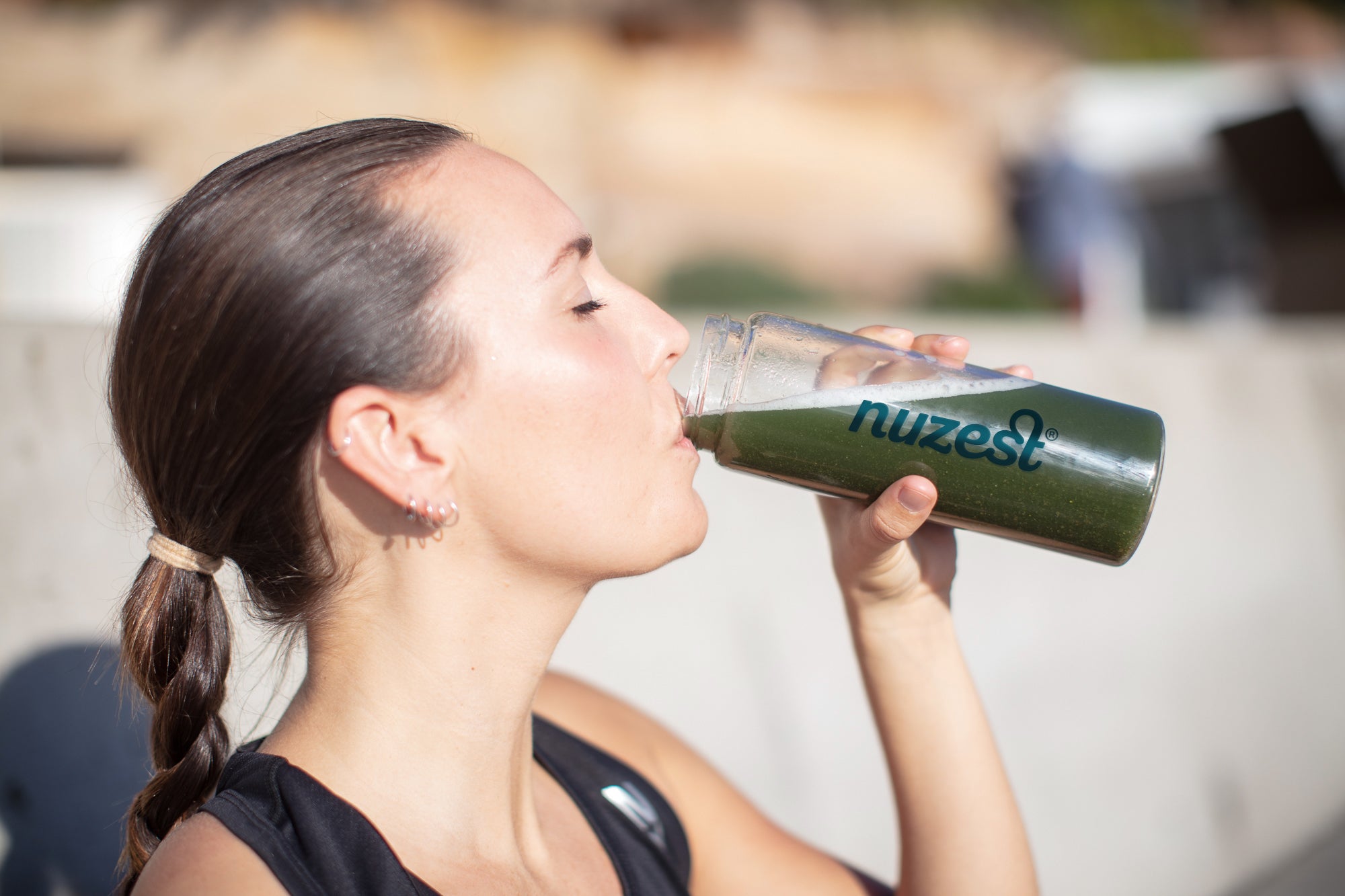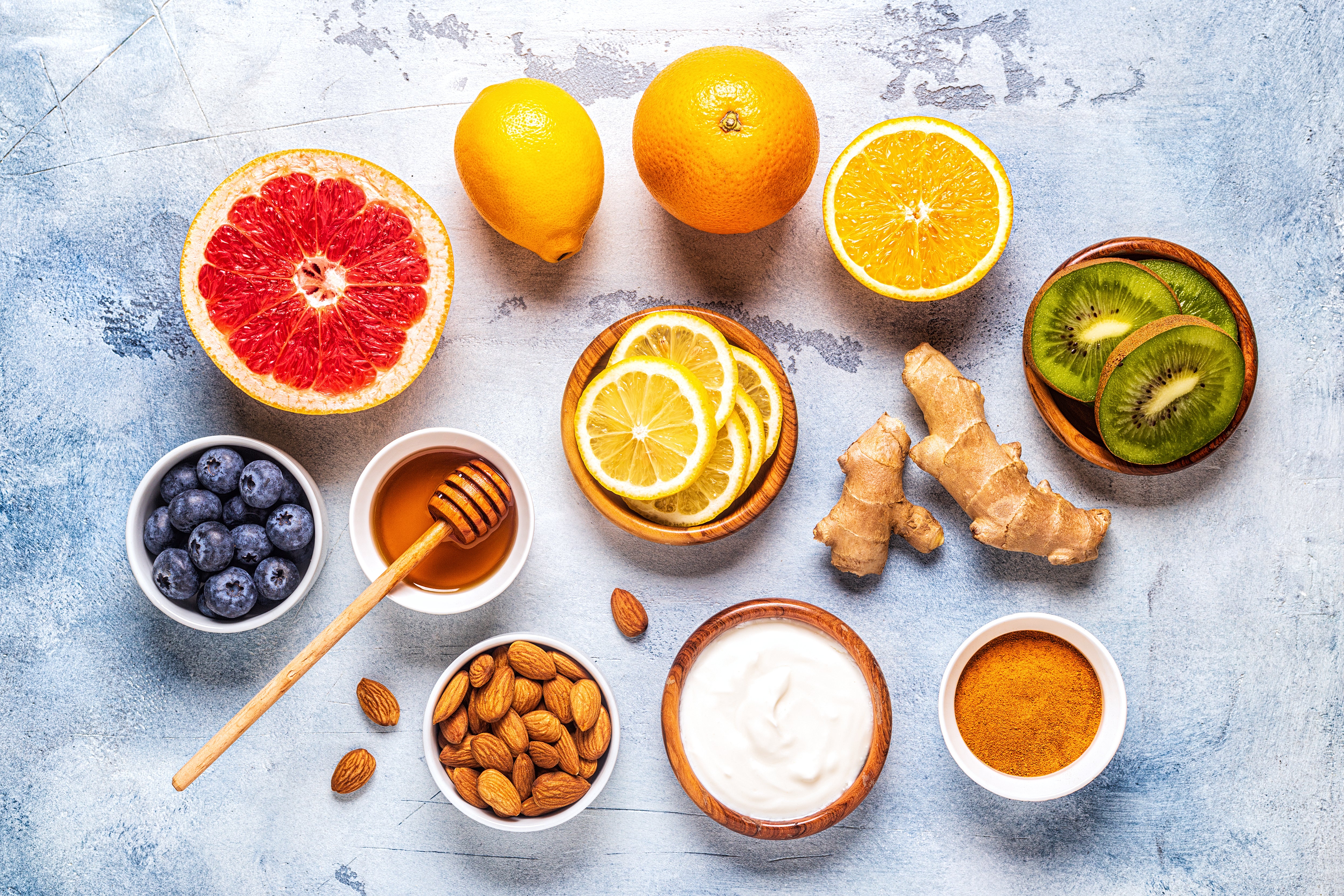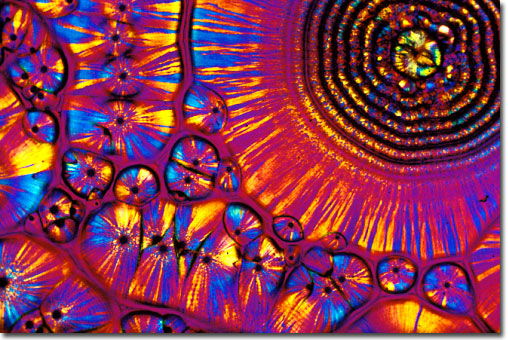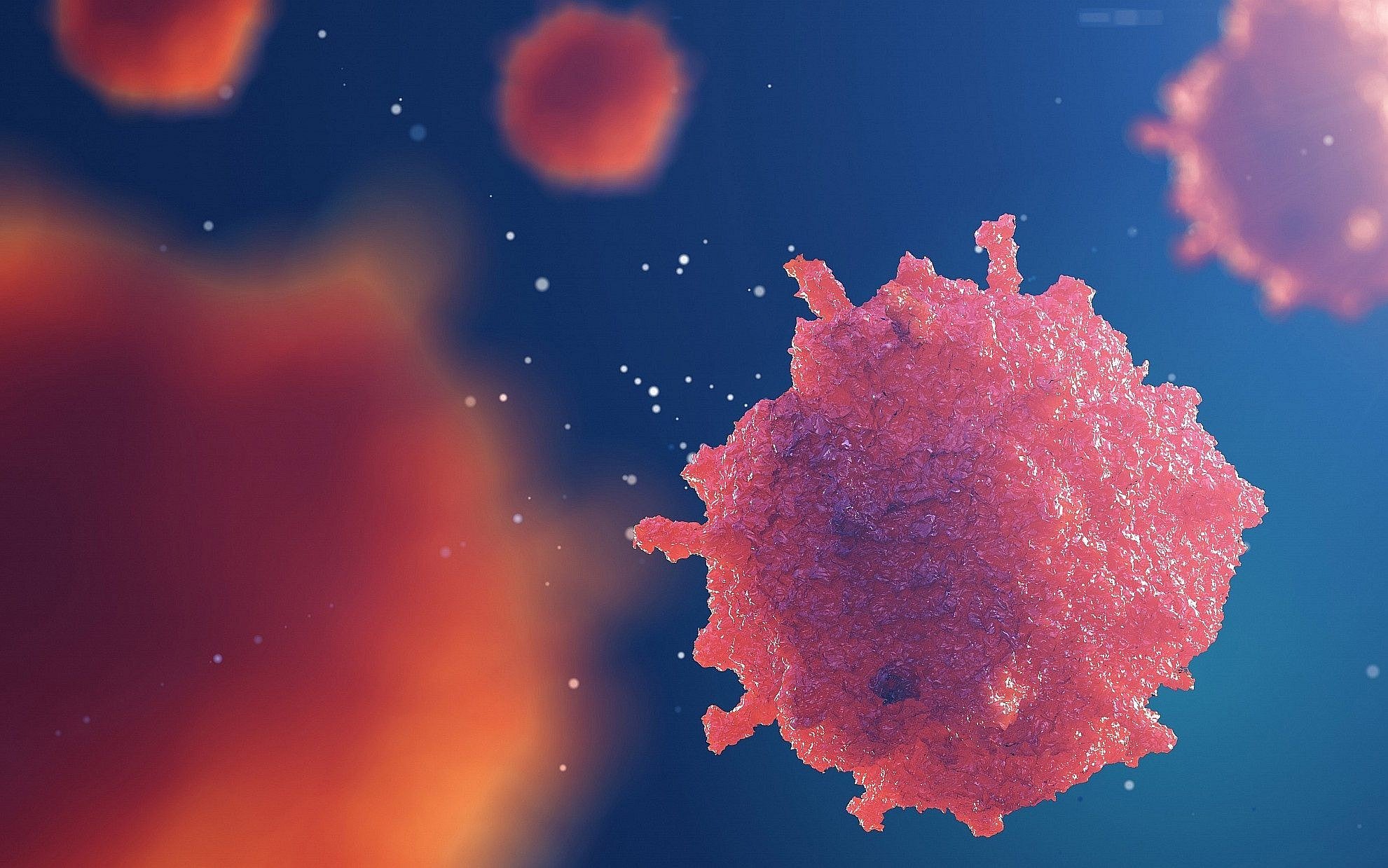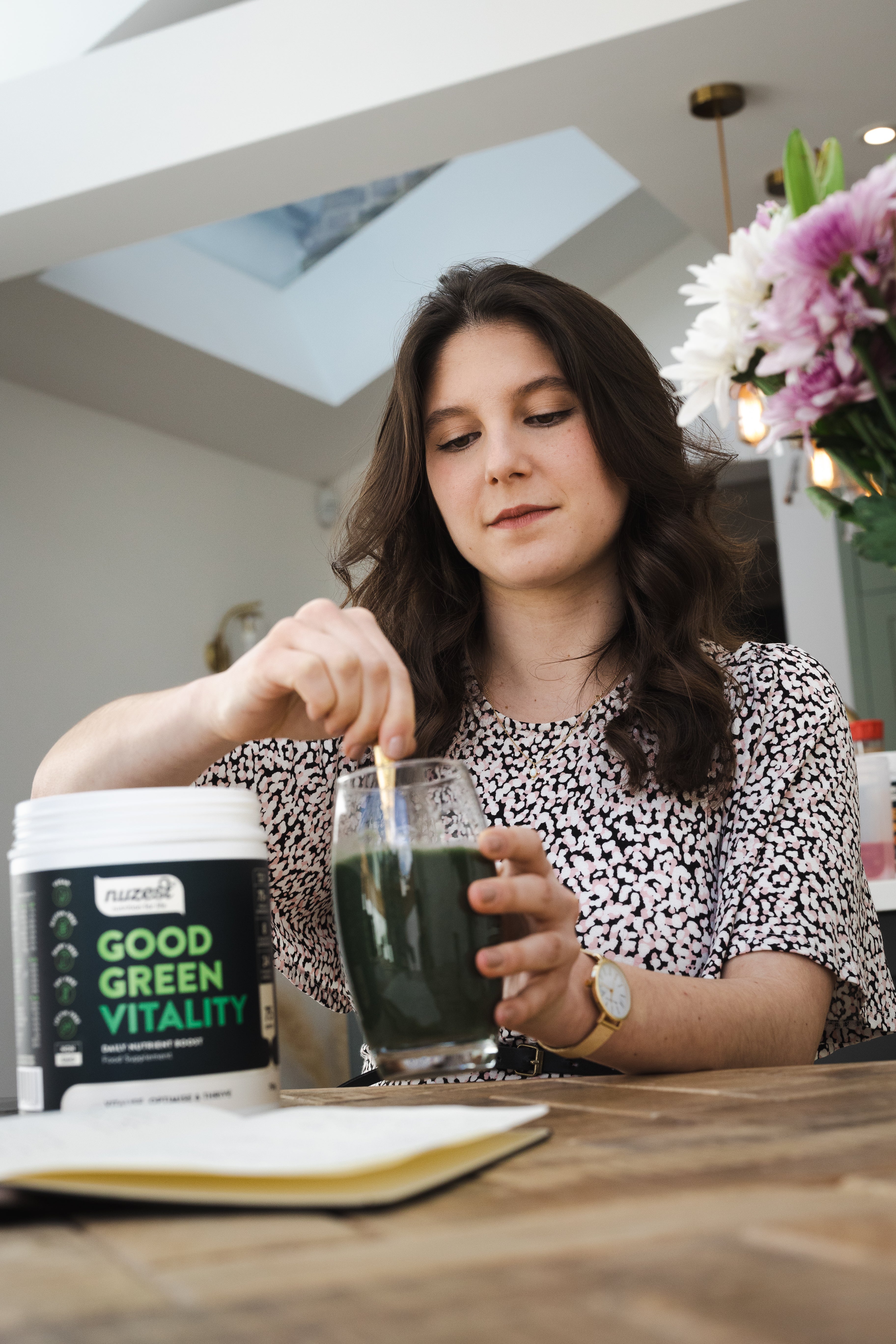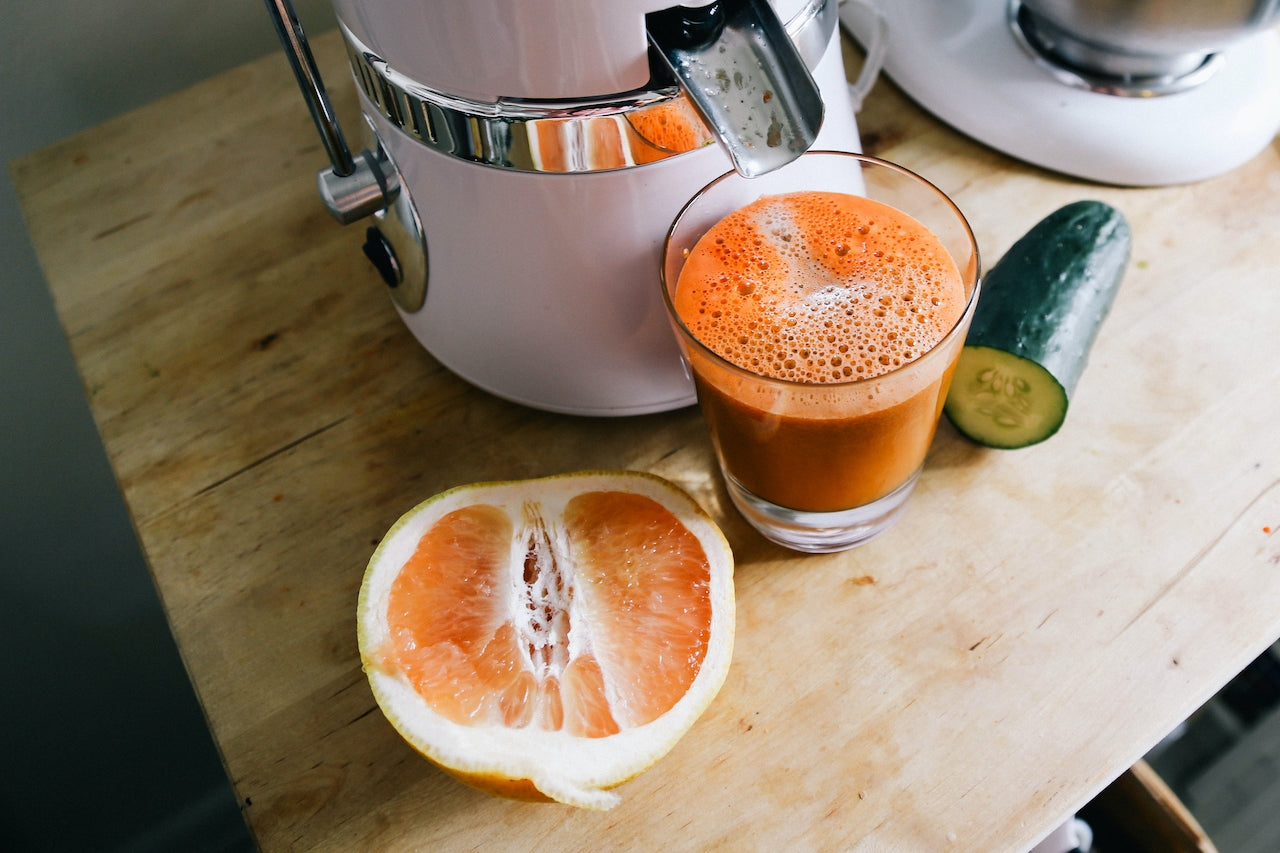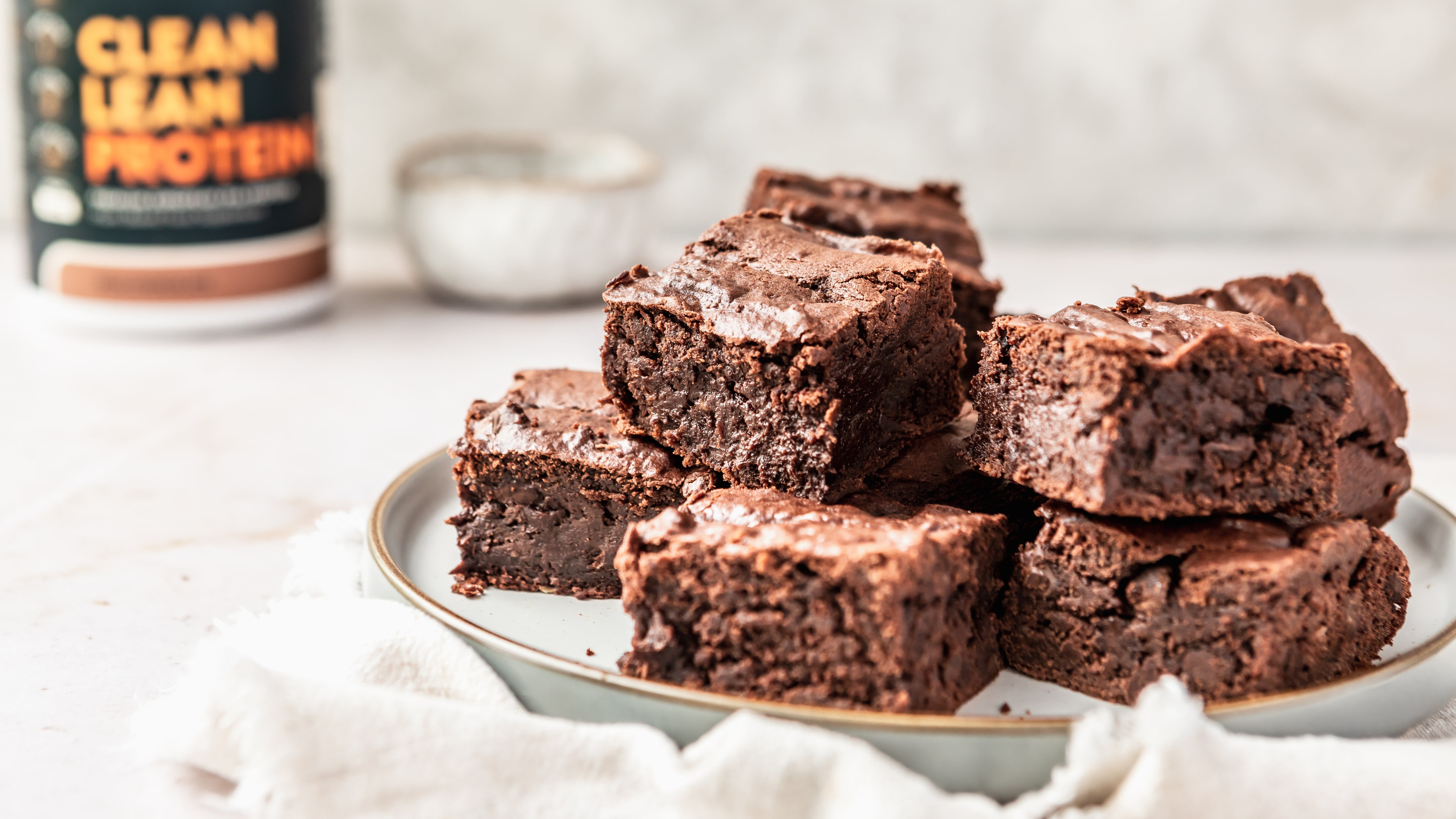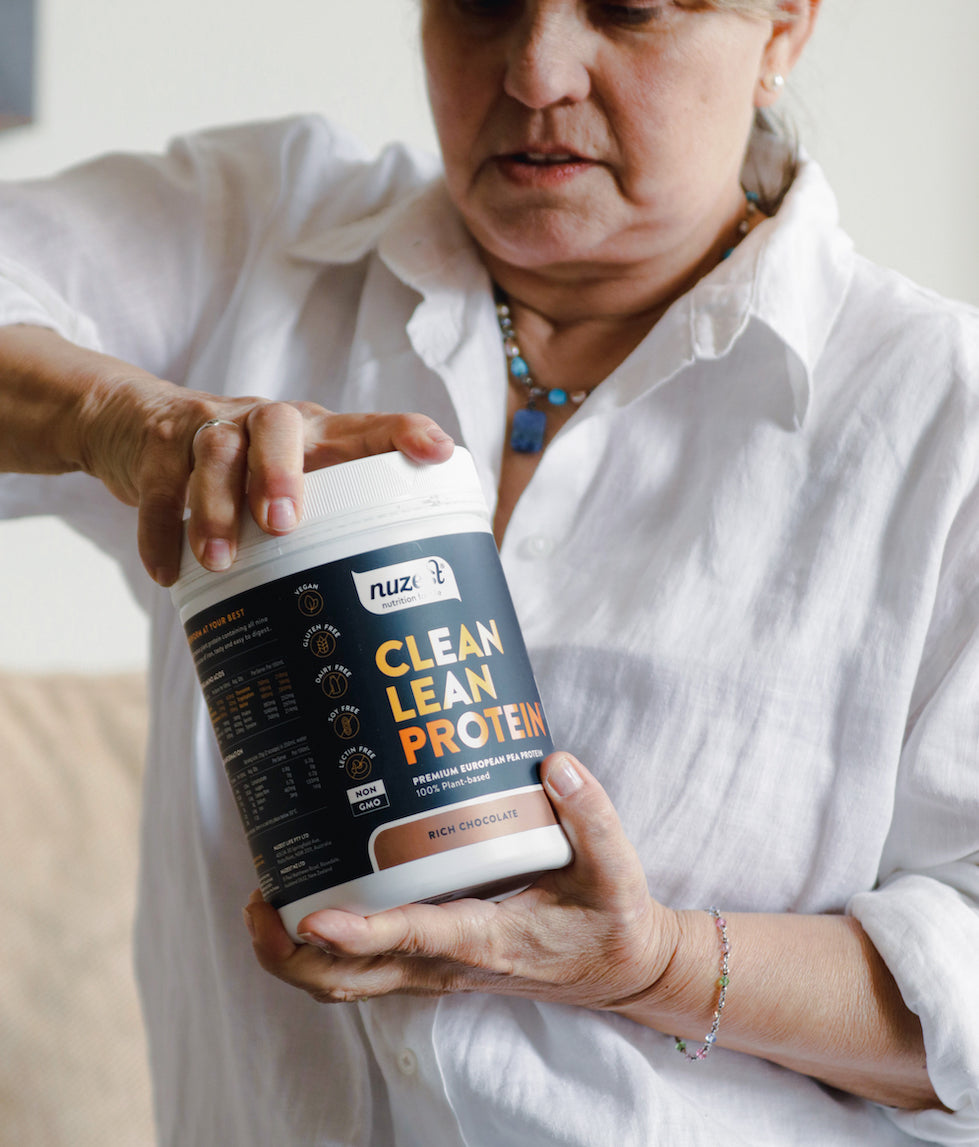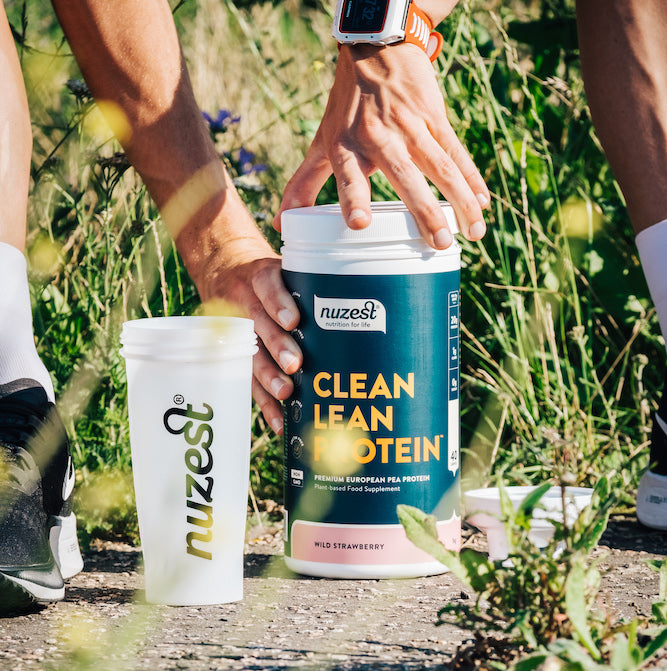With over 75 ingredients, our Good Green Vitality is one of the most comprehensive multi-nutrient formulas on the market. Each ingredient is specifically chosen for the benefits it provides to one or more of the 11 body systems, boosting vitality, immunity and supporting enhanced daily functioning.
The levels, forms and ratios of vitamins, minerals and other supportive nutrients have been determined through evaluation of available scientific reviews. Specific forms of vitamins and minerals have been selected based on maximum bioavailability; efficacy being the driving force behind the formulation.
To give you an insight into how powerful Good Green Vitality really is, here are our top 5 ingredients.
Coenzyme Q10
Coenzyme Q10 (CoQ10) is an antioxidant found in almost every cell in the body. It plays a vital role in energy production and protecting cells from oxidative damage.
CoQ10 can be found naturally in foods such as almonds, nuts, fatty fish, sesame seeds and broccoli, although levels are somewhat lower than those found in supplements.
People with cardiovascular disease, cancer, diabetes, and male infertility are often lacking in CoQ10. It’s also important to note that CoQ10 production in the brain and heart decreases with age.
Key benefits of CoQ10 supplementation:
- Improved cardiac health
- Indicated for use with statins and in existing heart disease
- Reduced blood pressure
- Improved blood lipid profiles
- Possibly neuroprotective
- Reduced fatigue
- Reductions in migraine frequency
CoQ10 has a relatively long history of use both for prevention of cardiovascular disease and as part of the supplemental regimen of those with heart disease.1 It also shows promise for treating neurodegenerative diseases such as Parkinson's and Alzheimer's.2
Spirulina
Spirulina is a blue-green algae that is found growing natural in mineral-rich fresh water, usually in hot, sunny climates. It is typically used both as a dietary supplement and as a whole food.
Spirulina is a good source of protein (up to 70%), gamma-linolenic acid, vitamin A and B12 and iron - it is considered a superfood for its dense nutritional profile and endless health benefits. Vegans/vegetarians may benefit greatly from taking spirulina due to its high protein and vitamin content.
Key benefits of spirulina supplementation:
- Reduced seasonal allergies
- Liver protection and protection from toxins
- Antioxidant and anti-inflammatory
- Improved cardiovascular health
- Improved metabolic markers
- Improved immune function
Reviews of the scientific literature show that spirulina might offer interesting benefits to those with cardiovascular risk factors. It has been demonstrated to reduce total cholesterol, (‘bad’) LDL-cholesterol and triglycerides, while increasing (‘good’) HDL- cholesterol.3
Ashwagandha
Ashwagandha, known as Indian ginseng, or Indian winter cherry, is a traditional medicinal herb that has been used for many years. It is commonly known as an adaptogen, which are said to help your body adjust to physical, chemical, or biological stress.
Key benefits of ashwagandha supplementation:
- Reduced anxiety
- Reduced stress
- Improved physical and mental performance
- Possible improvements to fertility
Ashwagandha has been shown to have cognitive benefits in children with memory deficit, old-aged people suffering with loss of memory and individuals with brain injury. Research demonstrates that ashwagandha could slow, stop, or even reverse neurotic atrophy and synaptic loss, which holds promise for those with neurodegenerative diseases such as Parkinson's, Huntington’s, and Alzheimer’s. 4
Selenium
Selenium is a trace mineral, which means that the body only needs a small amount of it, however, it must be obtained through your diet. Selenium can be found naturally in foods such as seafood, brazil nuts, sunflower seeds, shitake mushrooms and broccoli, but can be also taken in supplement form.
Although our bodies only require a small amount, this goes a long way in playing an important role in many bodily processes, including reproduction, thyroid gland function and DNA production.
Key benefits of selenium supplementation:
- Supports overall health (sparse in the soils and foods of many regions)
- Supports thyroid function
- Immune benefits
- Reduced inflammation and oxidation
A growing body of research suggests that a diet rich in selenium may protect the brain against mental decline and furthermore could improve memory loss in people with Alzheimer’s disease.5,6
Vitamin B12
Vitamin B12 is an essential nutrient our bodies need to function properly; it is one of the most complex vitamins. Vitamin B12 is needed to help keep your blood and nerve cells healthy, it plays an essential role in energy production and DNA synthesis, which is why those with a deficiency often feel extremely fatigued.
Our bodies cannot make vitamin B12 so it must be obtained through our diet. It can be found naturally in many animal produce, such as red meat, eggs, and dairy, as well as fermented produce such as nutritional yeast. Those on a plant-based diet may struggle to reach B12 requirements, which is where a multi-nutrient supplement like Good Green Vitality can be helpful.
Key benefits of B12 supplementation:
- Reduces chronic pain
- Possible antioxidant properties
- Normalises serum vitamin B12 levels and alleviates symptoms related to vitamin B12 deficiency
Oral vitamin B12 supplementation has been shown to normalise serum vitamin B12 levels and address the clinical manifestations related to vitamin B12 deficiency and is a cost-effective, more comfortable alternative to intramuscular vitamin B12.7
Many of us do not get all the essential micronutrients that we need to thrive from our diet alone. Designed as a daily supplement to help fill key nutritional gaps, Good Green Vitality is nutritional insurance rather than a replacement to a healthy balanced diet. We always encourage whole food as the main source of nutrition. Coupled with a good diet, Good Green Vitality is your ultimate daily nutritional back-up.
References
-
Sarter B. Coenzyme Q10 and Cardiovascular Disease: A Review. Journal of Cardiovascular Nursing. 2002;16(4):9-20.
-
Young AJ, Johnson S, Steffens DC, Doraiswamy PM. Coenzyme Q10: A Review of Its Promise as a Neuro-protectant. CNS Spectrums. 2007;12(1):62-8.
-
Ramamoorthy, A., & Premakumari, S. (1996). Effect of supplementation of Spirulina on hypercholesterolemic patients. JOURNAL OF FOOD SCIENCE AND TECHNOLOGY-MYSORE-, 33, 124-127.
-
Singh, N., Bhalla, M., de Jager, P., & Gilca, M. (2011). An overview on ashwagandha: a Rasayana (rejuvenator) of Ayurveda. African Journal of Traditional, Complementary and Alternative Medicines, 8(5S).
-
Cardoso, B. R., Ong, T. P., Jacob-Filho, W., Jaluul, O., Freitas, M. I. D. Á., & Cozzolino, S. M. F. (2010). Nutritional status of selenium in Alzheimer's disease patients. British journal of nutrition, 103(6), 803-806.
-
Van der Jeugd, A., Parra-Damas, A., Baeta-Corral, R., Soto-Faguás, C. M., Ahmed, T., LaFerla, F. M., ... & Saura, C. A. (2018). Reversal of memory and neuropsychiatric symptoms and reduced tau pathology by selenium in 3xTg-AD mice. Scientific reports, 8(1), 1-12.
-
Jessica B, Nitish A, Janet S. The Bioavailability of Various Oral Forms of Folate Supplementation in Healthy Populations and Animal Models: A Systematic Review. The Journal of Alternative and Complementary Medicine. 2019;25(2):169-80.


